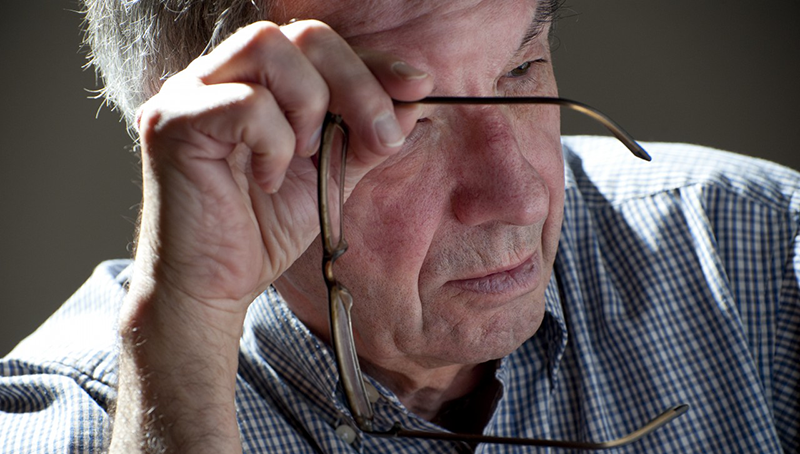How to Beat Depression After a Heart Attack

Depression after a heart attack raises your risk for more heart problems, but lifestyle changes can help. Here's how to beat depression after a heart attack.
You’ve probably heard of the well-known risks for heart disease, including high levels of cholesterol, hypertension, obesity, and being a couch potato. However, researchers have found another factor that can significantly raise the odds of heart problems and potentially make symptoms of existing cardiovascular disease worse — depression.
In fact, once you have a heart attack, depression can literally be life-threatening, if you don’t learn how to beat it.
YOU MIGHT ALSO LIKE: Should Your Blood Pressure Be Lower?
“Patients who are depressed after a heart attack have a two-fold risk of having another heart attack or dying compared to those who are not depressed," said David Nanchen, MD, who heads the prevention center in the University of Lausanne’s department of ambulatory care and community medicine in Switzerland.
However, there’s good news: Lifestyle strategies can help heart attack patients not only learn how to beat depression but also potentially lower their risk of future heart problems, according to a study by Nanchen and colleagues.
Nanchen’s team used information compiled on 1,164 patients enrolled in the Swiss Acute Coronary Syndromes study in Switzerland to zero in on depression in heart patients. The research participants were assessed at the beginning of the study, and a significant number had symptoms of clinical depression.
"More than one-quarter of patients in our study reported symptoms of depression after their heart attack, which shows this is a big issue," said Nanchen. "Some had chronic depression, which started before their heart attack, while others became depressed as an acute reaction to the hospitalization and the event."
Nanchen and colleagues investigated whether controlling blood pressure and high blood cholesterol, cutting back on alcohol (for those who drank more than 14 alcoholic beverages a week), stopping smoking, taking recommended medications, and getting more physical activity had an impact on whether the depressed heart patients felt better emotionally a year later.
The researchers found that about 27 percent of heart attack survivors were suffering from persistent or new depression at the end of the study. However, 11 percent of those who were initially depressed were better. There were two main factors found in the people who were experiencing less depression — they exercised and, if they had been smokers, they had given up cigarettes.
Smoking cessation was the factor most strongly associated with an improvement in depression symptoms. In all, those who quit smoking were 2.3 times more likely to be less depressed after a year than those who were still puffing away on cigarettes.
Depressed patients who were already exercising at the beginning of the study also experienced greater improvements in depression symptoms over the course of a year compared to the heart attack survivors who were sedentary.
"While our observational study was unable to find an impact of exercise after heart attack on depressive symptoms, we did show that patients who were already physically active were more able to improve their depression,” Nanchen said. “We believe that the benefits of exercise after heart attack would be shown in a randomized trial, but such a study is difficult to perform for ethical reasons."
If you’ve had a heart attack, Nanchen advises working with your doctor to stop smoking, if you haven’t been able to kick the nicotine habit, and to develop a safe plan for increasing regular physically active if aren’t exercising.
Depression after a heart attack can lead to poor health choices such as skipping medical appointments, eating an unhealthy diet, and social isolation, which may partly explain the worse outcomes for heart attack patients who remain depressed, according to psychiatrist Manuela Abreu, MD, of the University of Lisbon in Portugal. "Cardiac rehabilitation with aerobic exercise can reduce depressive symptoms and improve cardiovascular fitness," she said.
It’s also a risk factor for suicide.
The main factor protecting against depression among heart attack victims is strong social and family support. The National Institute of Mental Health provides more information on the link between depression and heart disease, including how to recognize symptoms of depression.
Updated:
March 02, 2020
Reviewed By:
Christopher Nystuen, MD, MBA